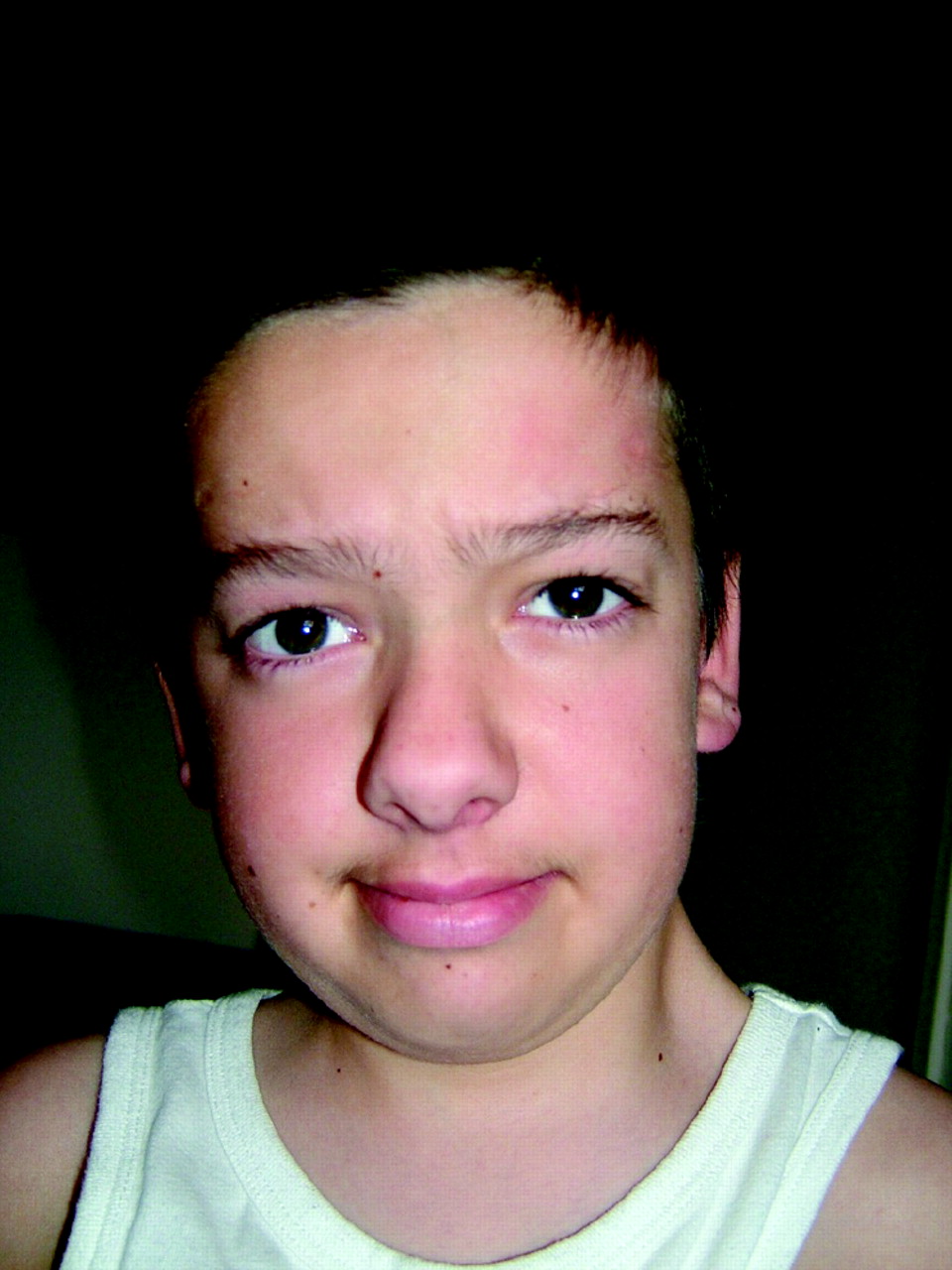
605130 – wiedemann-steiner syndrome; wdsts – hairy elbows, short stature, facial dysmorphism, and developmental delay
Moebius syndrome is a rare neurological disorder which is present at birth. Most people with the disorder present with bilateral facial paralysis.


Epidemiology Western Europeans Incidence: 1 in 20,000 to 125,000 Carrier frequency: 1 in 60 to 110 75% of hereditary ataxia with onset < 25 years
Several diseases and disorders, such as Hypotonia and autism, can affect the muscles in the face responsible for speech. By utilizing various facial

Aug 13, 2014 · Onset is at birth or in early hood with nonprogressive limb weakness, mild facial weakness, and hypotonia. Patients usually live into adulthood.
Dr. Melissa Przeklasa Auth MD Pediatric Neurology Clinic in Laguna Niguel Orange County California


Hearing loss, also known as hearing impairment, is a partial or total inability to hear. A deaf person has little to no hearing. Hearing loss may occur in one or both ears.
Congenital Cataracts, Facial Dysmorphism & Neuropathy Syndrome (CCFDN) 2 C-terminal domain of RNA polymerase II subunit A, phosphatase of, subunit 1 (CTDP1) ; Chromosome 18q23; Recessive
Symptoms. Affected ren display severe psychomotor retardation, failure to thrive, seizures, and muscle spasticity or hypotonia. Other symptoms of the disorder may include unusual facial appearance, difficulty swallowing, and …

Kabuki syndrome is a rare condition that affects males and females in equal numbers. It is a genetic cause of developmental delay, occurring in about 1 in 32,000 births.


